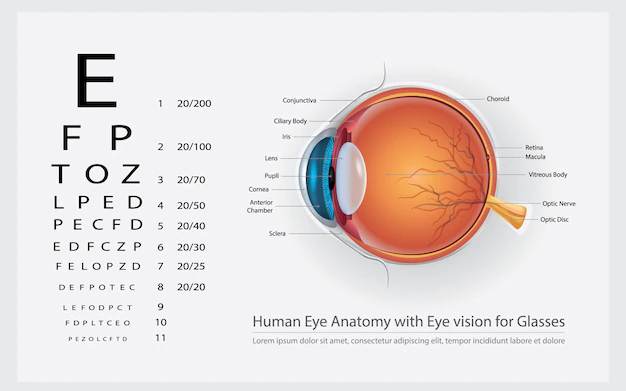Low-Vision Aids for Age-Related Macular Degeneration

Treatment of age-related macular degeneration (AMD) depends on the stage of the disease. In the early stages, there may be no symptoms, and observation is often sufficient. However, in the later stages of AMD, when vision is affected, there are different treatment options available.
- Anti-VEGF Injections: Anti-VEGF (vascular endothelial growth factor) injections are currently the most common treatment for wet AMD. This type of medication works by stopping the growth of abnormal blood vessels in the eye that can cause vision loss. Typically, several injections are required, and they need to be given at regular intervals.
- Laser Therapy: Laser therapy can be used to slow the growth of abnormal blood vessels in the eye. It can also be used to seal leaking blood vessels that can cause vision loss in some cases of wet AMD.
- Photodynamic Therapy: This treatment involves using a light-activated drug to damage abnormal blood vessels in the eye.
- Nutritional Supplements: Some studies have shown that certain nutritional supplements can slow the progression of AMD, particularly in people with intermediate to advanced stages of the disease. These supplements include vitamins C and E, zinc, copper, and lutein.
- Low Vision Aids: For people with advanced AMD who have significant vision loss, low vision aids such as magnifying glasses, telescopic lenses, and electronic aids can help improve vision and quality of life.
It’s important to note that there is currently no cure for AMD, and the treatments available are aimed at slowing the progression of the disease rather than reversing it. Early detection and treatment can help slow the progression of AMD and preserve vision as much as possible. Regular eye exams and consultation with an eye care professional are important for early detection and proper treatment.
